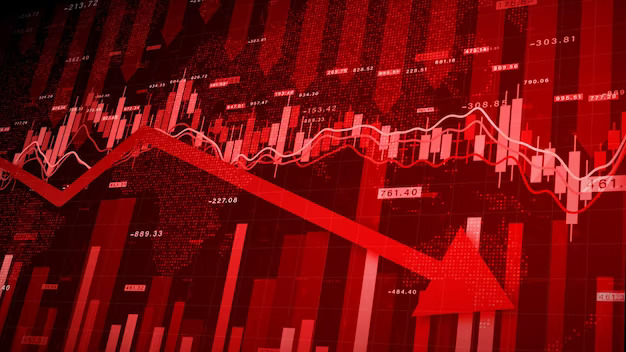It’s difficult to truly understand what’s going on in America’s economy, and news sites and stations have started using the terms “inflation” and “recession” as buzzwords for many of their stories. To those who aren’t well-verse in economics, it might be confusing, and the sheer volume of conflicting opinions daunting.
A few students from Frederick Community College shared their concerns recently with what’s going on right now in the world, and what they’re most concerned about relating to a potential recession.
Ben Bertolette, 18, is a general studies student from Frederick He believes “legislation needs to be put into place to raise pay here in America, or Gen Z won’t want to continue working.”
Bertolette also believes that due to the current financial issues that the United States is facing, “more manufacturing jobs should be brought back to America, instead of outsourcing it to other countries.”
Thomas Tran, 18, is also here for the general studies program at Frederick Community College. His worries mostly lie alongside “the current Israel and Palestine conflict, and the potential of war in the future. I don’t know how it’ll affect the U.S. and its economy, but I’m concerned about it.”
But for those willing to learn a little more on what’s truly going on in the United States financially, a local expert offers a few good words of expertise.
David Hickman, professor of Business and Economics at FCC for over 36 years, would like to set the record straight on a couple things that students might not know. He also had a couple of tips when it came to staying afloat during difficult financial times.
“We’re not actually in a recession yet, but we’re definitely headed in that sort of direction,” he said. “A recession is defined as a decline in Gross Domestic Product (GDP) over two quarters of three months. There may be a recession in March of next year, but I’m not willing to say for sure yet.”
Hickman said there isn’t any completely accurate way to calculate how long a recession can last, but said a “correlation regression analysis is a good way of predicting the length of one.”
A correlation regression analysis is where the relationship of two variables and their associations are compared on a chart. In this case, it would be comparing how long recessions have lasted in the past and finding the average of all these periods of time. Hickman predicts the next recession “will last around 14 months or so.”
In case a recession does happen, Hickman advises that everyone has a reserve of physical cash to serve as savings.
“You really don’t want to miss basic payments such as rent or loan payments, even when you’re unemployed. That debt can really build up over time,” he said.
Hickman also advised people to act, particularly with anyone who is of voting age.
“The next election year will be a very big event,” he said. “I think what we need to do is stop worrying about being involved with other countries so much, and worry about the United States, its finances, and its people. We should vote somebody in who is most concerned with helping the people at home — us.”

